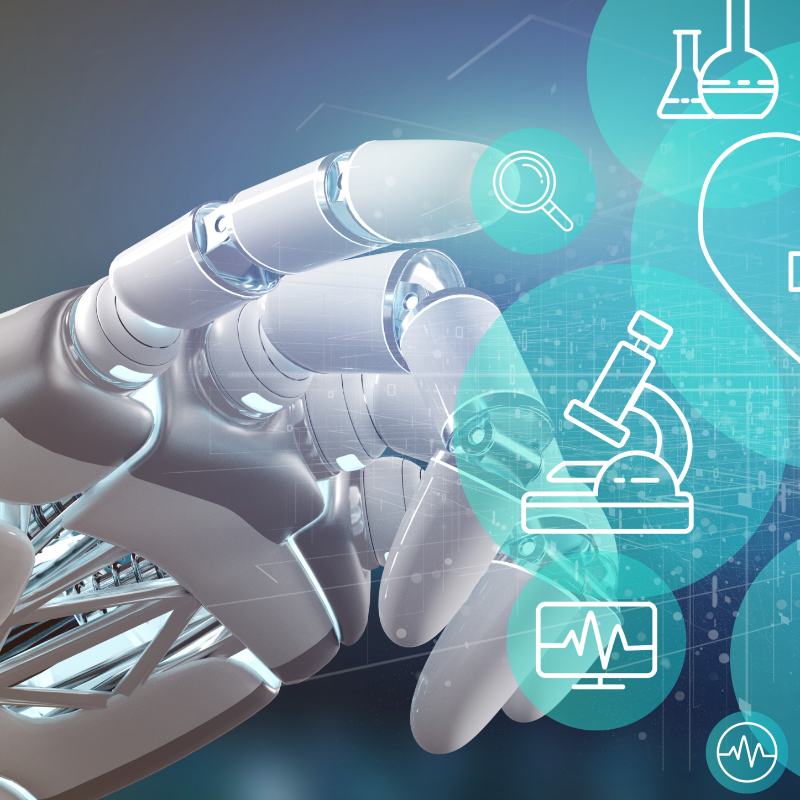
Blockchain

Blockchain would be a development that would soon have more impact than the introduction of the Internet. Would it really be? Blockchain is all about capturing and transferring value online. A blockchain consists of a network of computers, each with a copy of a database that is managed together. This creates a ‘block chain’ that cannot be cracked. Therefore blockchain is very suitable for sharing and storing sensitive information.
It is also interesting in forms of cooperation in which we do not want to or cannot rely on each other’s system, for example when writing out the personal budget. Blockchain has the potential to become the leading infrastructure for electronic patient records and personal health records.
Research
An investigation into the possibilities of blockchain is often not appreciated by healthcare workers. They think it’s a waste of time (-1). On customer satisfaction, sustainability has no influence (0).
Setting up Blockchain
Blockchain could mean the disappearance of most of the technologies that act as ‘intermediaries’. Blockchain could therefore be a good solution for cooperation between different parties (3).
Many places in the care sector are currently being explored and experimented with private blockchains. The big advantage is that, unlike public blockchains, they cost considerably less energy because sustainability is not the best side of blockchain. The computing power required demands a lot from the computers and servers on which the calculations are performed (-3).
Clients generally do not understand the difference between the different ways of storing and sharing their patient data. A blockchain will therefore not affect their trust and satisfaction (0). If a blockchain is successfully implemented, healthcare workers are satisfied with the data of patients they have at their disposal (2).
